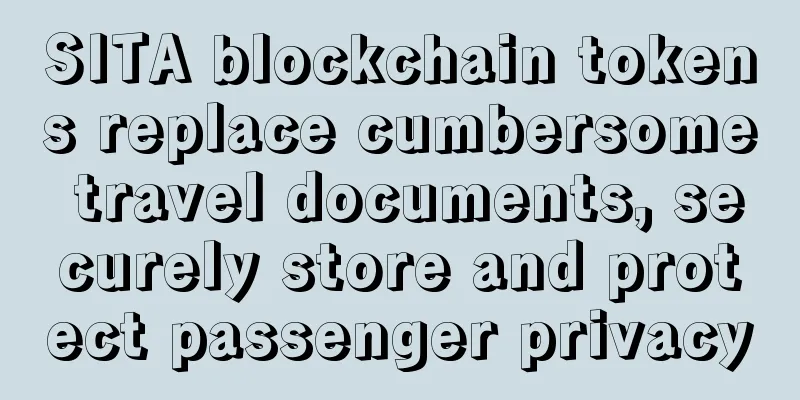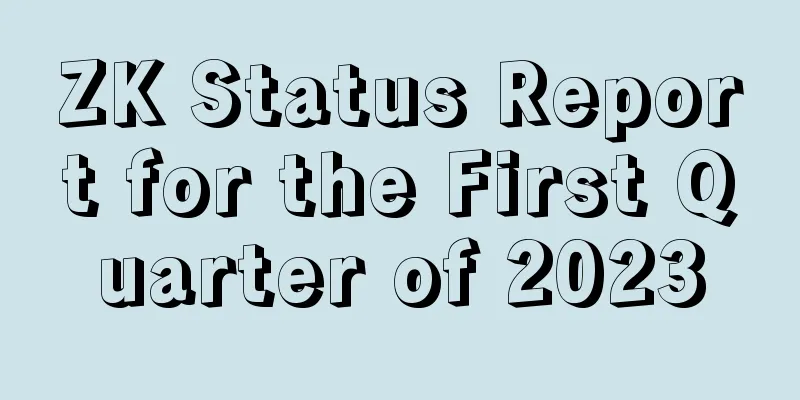SITA blockchain tokens replace cumbersome travel documents, securely store and protect passenger privacy

|
Barcelona: Air passengers will soon need only a 'single secure token' to travel through airports and borders, eliminating the need to carry multiple travel documents, thanks to a revolutionary new technology. Aviation solutions and technology provider SITA is exploring the potential of emerging 'blockchain' technology to provide passengers with a 'single secure token', demonstrating it at the 2016 Air Transport Summit in Barcelona. Blockchain technology can use secure biometric authentication during travel, eliminating the need for travel documents and eliminating the need for passengers to share their personal data. SITA's technical research team, SITA Lab, is studying how virtual or digital passports can be used in the form of a secure single token on a mobile phone or wearable device to reduce the complexity, cost and disadvantages of checking documents. Jim Peters, SITA CTO said:
SITA's research team is investigating a versatile and secure system to enable this single travel token to be used globally. Blockchain technology allows for privacy by design, so passenger data is secure, encrypted, tamper-proof, and cannot be used for other purposes. There is no need for a single authority to manage, process and store passenger data. Blockchain's cryptographic computing science provides a trust network on which everyone can verify the origin and history of the data. Peters continued:
SITA's Passenger IT Trends Survey also shows that airline passengers around the world who adopt this technology are more willing to use it as a service. Notably, when passengers have more choice and control over how to manage their travel, they are happier during their travel. The survey found that 93% of passengers had a positive experience when booking online, using their mobile phone or through an agent. The survey stated:
The survey found that most travelers have had bad experiences at security, passport control and baggage claim, which have few self-service technology options. Francesco Violante, CEO of SITA, said:
But not all travelers are the same, so SITA has identified four different traveler profiles - the Careful Planner, the Indulgence-Inducing, the Hyperconnected and the Open Adventurer. Each profile uses the technology in a different way. Research shows that a 'one size fits all' approach risks alienating some travelers. To help illustrate the differences, SITA is also asking travelers to identify their own traveler profile. Violante said:
Other key findings include - Most travelers (55%) use some self-service technology during their travels, but end-to-end self-service travel is not universal. If travelers have a bad experience, 54% of travelers will try a different self-service technology. When traveling using a mobile phone, 54% find the check-in process to be very simple. Travelers also said they would like more mobile service and baggage notifications in the first place. The survey was conducted among 9,000 travelers in 19 countries in the Americas, Asia, Europe, the Middle East and Africa. |
<<: PayPal applies for patent for its Bitcoin transaction device (download the full patent report)
Recommend
Palmistry of a man who is rich and powerful
Nowadays, we often mention the terms "rich s...
The market fluctuated and fell, and the market is still in the wash-out stage
Author | Hashipi Analysis Team...
Web3 security incidents in November: 36 in total, with losses of $590 million
The number of major Web3 hacker attacks decreased...
How to remove moles on the back of the hand? What are the methods to remove moles?
Sometimes moles are too prominent or too obvious,...
Bitcoin mining difficulty dropped again by 15.95%: the drop is the second largest in history, why is this?
Bitcoin mining difficulty, as an important indica...
It is not good to have a broken lifeline on the palm
It is not good to have a broken lifeline on the p...
12 Palaces of Physiognomy: Detailed Explanation of the Palace of Husband and Wife (Palace of Concubines)
12 Palaces of Physiognomy: Detailed Explanation o...
Understand the emotional line and analyze your own emotions
The heart line is the name used in Western palmis...
Is the fate of the three front teeth good or bad?
In life, most people have two front teeth. People...
Dimples on the face are a sign of disease and accident
We can always see that it can appear anywhere on ...
Grayscale continues to increase its ETH holdings, and the opportunity to cover positions has arrived
Author | Hashipi Analysis TeamPrevious review: Wi...
The three most likely women to marry rich men
Physiognomy is one of the traditional physiognomy,...
TRB mining, what key points do you need to understand?
In recent years, the oracle track in the blockcha...
What does a low forehead mean for a woman?
The forehead has always been an indispensable poi...
What does a mole on a man's left foot mean?
Speaking of moles, people are not unfamiliar with...









